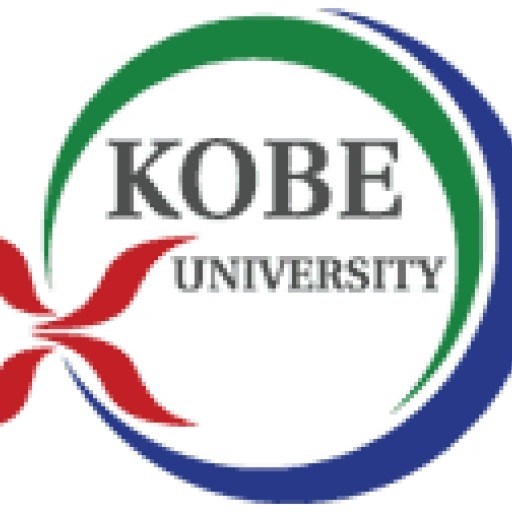Photos of university / #aaustudieliv
The path from fossil fuels to sustainability...
Mineral oil still constitutes the most important source of liquid fuels but is also an important raw material for the production of plastics, chemicals, pharmaceuticals, etc. During the coming decades, we need to exploit alternative sustainable resources to compensate for the forthcoming depletion of mineral oil but also to deal with greenhouse gases and the associated climate effects.
Together with a number of other renewable resources, biomass will potentially constitute an important part of the future energy supply, but biomass will be the major substitute (and probably the only one) for oil as a feedstock for industrial processes. The conversion of biomass will take place in bio refineries corresponding to traditional oil-based refineries.
The processes will be based on microorganisms (fungi and bacteria) and microbial produced enzymes. Mineral oil will be replaced by agricultural residues, algae, industrial wastes from food production and other biomasses, which are converted into high value products such as biofuels, biochemicals for the pharmaceutical and chemical industry, and biological active compounds.
Based upon our strong background in international research in sustainability, biofuels, and the use of biomass as raw material in bio refineries, we offer state of the art bachelor and master educations in sustainable biotechnology incorporating the newest technologies and scientific results within these rapidly expanding fields.
The Master's programme in Sustainable Biotechnology offers you the opportunity to focus on either molecular biological biotechnology or process oriented sustainable biotechnology, through the choice of courses and projects.
The programme consists of four semesters. The first semester establishes a common platform for the different qualifications and competencies that allow admittance to the programme. During the subsequent semesters, this platform is expanded and varied, and the ground is prepared for specialisation and independent problem solving preparing you for your future career.
1st semester
During the first semester, a broad biological foundation with respect to sustainable biotechnology is established.
Advanced Microbiological Production (15 ECTS)
Biorefinery Principles (5 ECTS)
Sustainability (5 ECTS)
Biological Production Processes (5 ECTS)
2nd semester
During the second semester, the complexity is increased developing molecular biology, microbiology and biochemical skills, which increasingly are integrated with process technological disciplines.
Design of Biomass Conversion Processes (15 ECTS)
Microbiological Discovery (5 ECTS)
Advanced Kinetics and Modelling of Bioprocesses (5 ECTS)
Anaerobic and Fungal Biotechnology (5 ECTS)
3rd semester
During the third semester, this scientific and technical integration concludes in the projection of a complete bio refinery. To put this progression into perspective, sustainability and life cycle analyses are involved during the courses, and to maintain the application perspective, a business plan is prepared in connection with the design of the bio refinery.
Sustainable Biorefinery Concepts (20 ECTS)
Production of Biomaterials and Biochemicals, and Bioactive Compounds (5 ECTS)
Optional courses (5 ECTS)
Alternatively, you can choose to start your Master's thesis during the third semester, or you can seek out external studies.
4th semester
The fourth semester is dedicated to the Master's thesis, which constitutes an independent project associated to a research group or/and a company. A more comprehensive two semester project can be performed by replacing the third semester project with the first part of the Master's thesis.
If you wish to focus on the molecular biology oriented sustainable biotechnology, you can substantiate a progression from basic biology towards an experimental development of biological production of e.g. biomaterials or bioactive compounds. You must follow a common frame, which ensures a cross disciplinary competence leaving the possibility for progressive specialisation.
Master's thesis (30 ECTS)






